Business conferences by space-related organizations from industry, government and academia.
Conference Stage
For details regarding each stage, please use the global navigation.
How can Spin-Ins into space and Spin-Outs from space help transform the space industry into a more sustainable, circular economy?
This session will give an introduction to the topic and show highlights from Japanese and German partners.

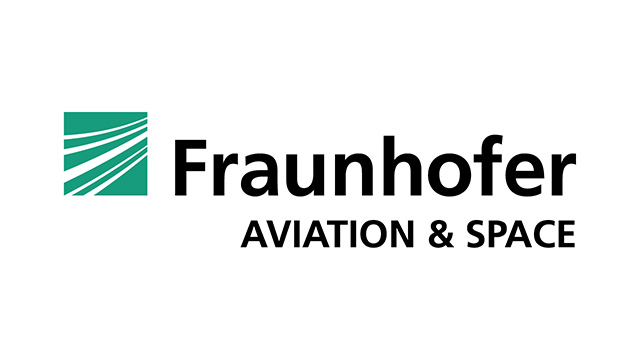
Introduction into Spin-Ins and Spin-Outs, current technology examples
Circular economy for advanced materials
Challenging Space to Build Earth’s Future
Speaker
Executive Mentor,
Space Business Development Office,
Yokogawa Electric Co. Ltd.
CEO,
Cross Space & Sustainability, LLC
Panelist
Executive Mentor,
Space Business Development Office,
Yokogawa Electric Co. Ltd.
CEO,
Cross Space & Sustainability, LLC
This year marks ESA’s 50th anniversary; a moment to reflect on five decades of achievements and to look to the future.
Ever since the beginning of ESRO/ESA relations with Japan in 1972, the trusted and balanced cooperation across nearly all space domains has grown in significance and provided long-term benefits to both sides. Today, JAXA is a key strategic partner of ESA; various joint space missions including BepiColombo, EarthCARE and Ramses underline the dimension and weight of this cooperation between both space agencies, and between the European and Japanese space sectors more broadly. The stability of this relationship is even more significant in times of rising global political uncertainty.

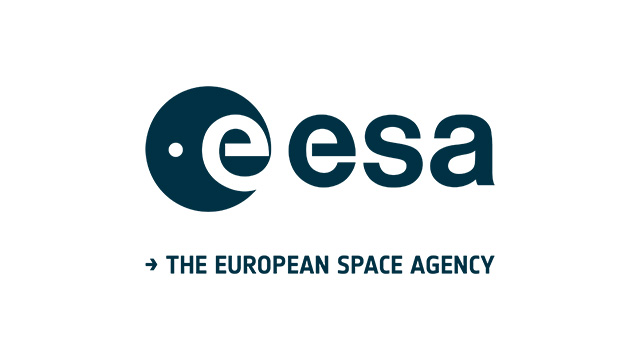
Spaeker
Director Strategy,
Legal and External Matters (D/SLE),
ESA
This panel will explore the UK’s new Industrial Strategy and its opportunities for both domestic and international companies supporting the UK space sector. It will also highlight upcoming UK government space initiatives and examine the growing UK-Japan collaboration in space, with a focus on emerging opportunities and funding mechanisms facilitated by the UK Space Agency (UKSA) and the Japan Aerospace Exploration Agency (JAXA).

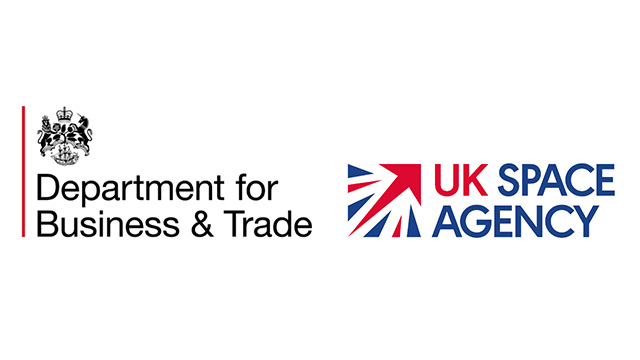
Panelist
Manager,
Strategic Planning Division, Space Strategy Fund Department,
JAXA
This session, hosted by Cross U’s Emerging Countries Working Group, brings together members from industry, academia, and government to explore new ways Japan and Africa can collaborate in space. Using satellite data and IoT technologies, we will discuss how to create sustainable, win-win opportunities that benefit both regions.


Speaker
Charirman of Cross U Africa Initiative
President of CrossU
Moderator
Division 3 (International Affairs),
General Incorporated Association Cross U
With the topic of the space industry being dominated by the Space Strategy Fund, it is now crucial to consider what lies ahead. In this session, we will discuss the hopes, desire, and ambitions for the “Next stage beyond the Space Strategy Fund” from the perspectives of key players in the Space Strategy Fund and the capital markets.


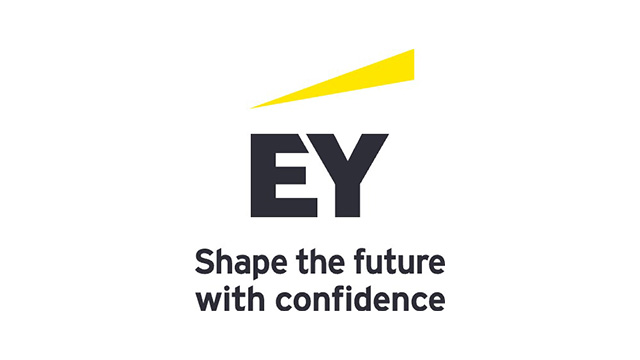
Panelist
Director, Space Industry Division, Ministry of Economy, Trade and Industry
Panelist
Managing Director, Head of Space Innovation Office,
Sustainable Business Division, MUFG Bank Ltd.
Panelist
President & Representative Director,
General Partner,
Frontier Innovations Ltd.
Panelist
Senior Manager,
Space Business Support Office,
Ernst & Young ShinNihon LLC
/Certified Public Accountant, Lawyer
Looking ahead to the end of the International Space Station (ISS) operations in 2030 and the post-ISS era with its successor commercial space stations, we will explore the immense potential of space utilization. We aim to engage new users who may have previously viewed the ISS as someone else's concern, bringing together industry, government, and academia to discuss how we should fully utilize the ISS during its final five years.



Panelist
Professor,
Department of Aeronautics and Astronautics Graduate School of Engineering,
University of Tokyo
Speaker
Director,
Space Utilization and International Space Exploration Division,
Research and Development Bureau Ministry of Education, Culture, Sports, Science and Technology (MEXT)
Panelist
Director of Human Spaceflight Technology Directorate Management and Integration Department, Japan Aerospace Exploration Agency (JAXA)
Panelist
Director,
Department of Regenerative Medicine and Cell and Gene Therapies,
Japan Agency for Medical Research and Development [AMED]
Recognizing “space as a critical infrastructure”, we will explore the forefront of cybersecurity behind the industry’s rapid growth. This session highlights the latest threat trends, policy developments, and notable initiatives in Japan and abroad.
We will also introduce ongoing efforts toward the establishment of the “Space ISAC Japan Hub” ? a global initiative for information sharing and community-building in the space sector.




Panelist
Director, Space and Maritime Security Policy Division
Foreign Policy Bureau, Ministry of Foreign Affairs, Japan
Sustainable growth of the space industry requires a solid foundation for talent development and collaboration among diverse stakeholders. In this session, we will discuss collaborative models for human resource development that transcend the boundaries of industry, academia, and government?especially crucial in this time of transformation?and explore strategies for their realization.


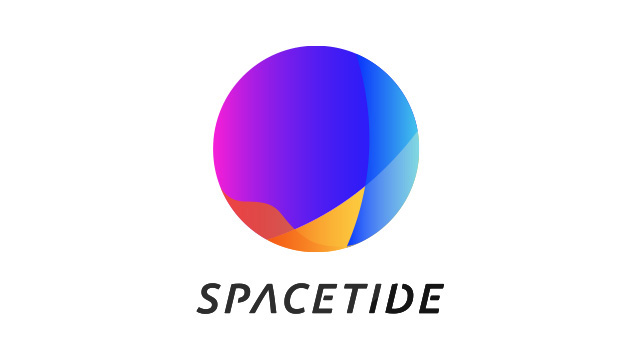
Panelist
Ph.D. Dean and Professor,
Graduate School of SDM, Keio University
This session will explore the latest trends from Florida, a global hub of the space industry, and examine opportunities for collaboration with Japanese companies.




Overview of Space Florida Capabilities, Examples of international collaboration, Possibilities for cooperation with Japan
The Quasi-Zenith Satellite System “Michibiki,” developed and operated by the Cabinet Office, plans to launch two additional satellites within this fiscal year and commence service with a 7-satellite system starting in fiscal year 2026. This will enable the use of even higher-precision and more stable positioning services. The “Michibiki Community,” supported by cross U, aims to broaden the utilization of Michibiki's high-precision positioning data through collaboration with non-space and new users, targeting societal implementation and the creation of new markets. This session will explore the business potential of Michibiki through the latest commercialization and demonstration cases.


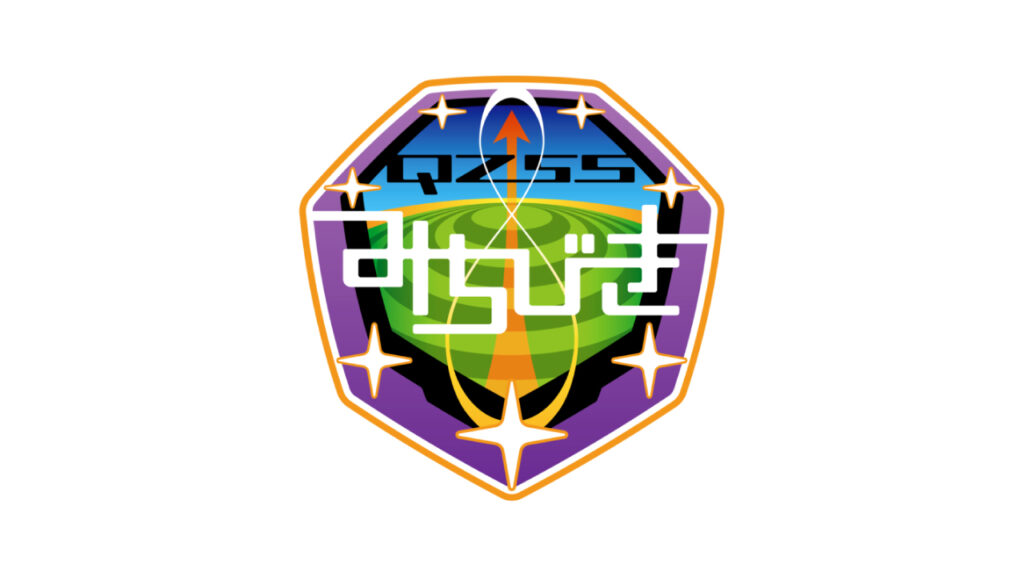
Spaeker
Executive Director for QZSS strategy Office,
National Space Policy Secretariat,
Cabinet office, Government of JAPAN
Panelist
Senior Coordinator for QZSS strategy Office,
National Space Policy Secretariat,
Cabinet office, Government of JAPAN
Panelist
Senior Researcher,
Research and Development Institute,
Hokkaido Gas Co., Ltd.
Panelist
Senior Researcher of Research Institute for Global Change (RIGC),
Japan Agency for Marine-Earth Science and Technology
This session will discuss the future prospects of “On-Orbit Servicing” built on Tohoku University’s long-cultivated expertise in space engineering and cutting-edge R&D capabilities. We will explore specific development strategies and “Small and Smart On-orbit Servicing Technology,” which serves as a key technology for new space activities, through case study presentations and discussion.


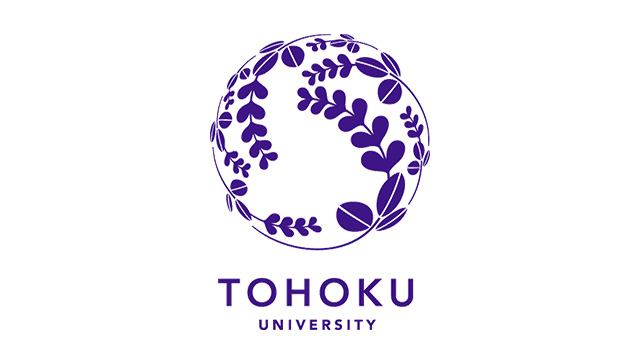
Panelist
Associate Professor (Ph.D.),
Creative Interdisciplinary Research Division,
Frontier Research Institute for Interdisciplinary Sciences,
Tohoku University
Panelist
Professor / Director, Center for Language AI Research, Tohoku University
Moderator/ Panelist
Professor,
Space Infrastructure Engineering Lab.
Dept. of Aerospace Engineering, Graduate School of Engineering
Research Center for Green X-Tech, Green Goals Initiative,
Tohoku University
Under the question “Can the Eyes from Space Save Japan?”, this stage program will discuss the use of space data, particularly in the fields of disaster prevention and infrastructure. It will present these applications, as well as cases where academic research outcomes have been successfully developed into businesses. In addition, the stage program will address the challenges and future outlook for co-creation between business and academia.


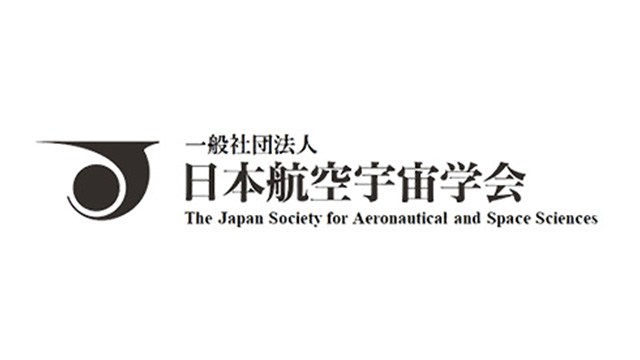
Speaker
Associate Professor, Graduate School of Engineering, Nagoya University
Designing the Social Implementation of Space: A Technology Management Approach to Connecting Research and Business
Speaker
Dean and Professor, Graduate School of Technology Management, Ritsumeikan University
Panelist
Dean and Professor, Graduate School of Technology Management, Ritsumeikan University
Panelist
Associate Professor, Aerospace Engineering, College of Science & Technology, Nihon University
Moderator
Associate Professor, Graduate School of Engineering, Nagoya University
Speaker
Associate Professor, Graduate School of Science and Engineering, Saitama University
